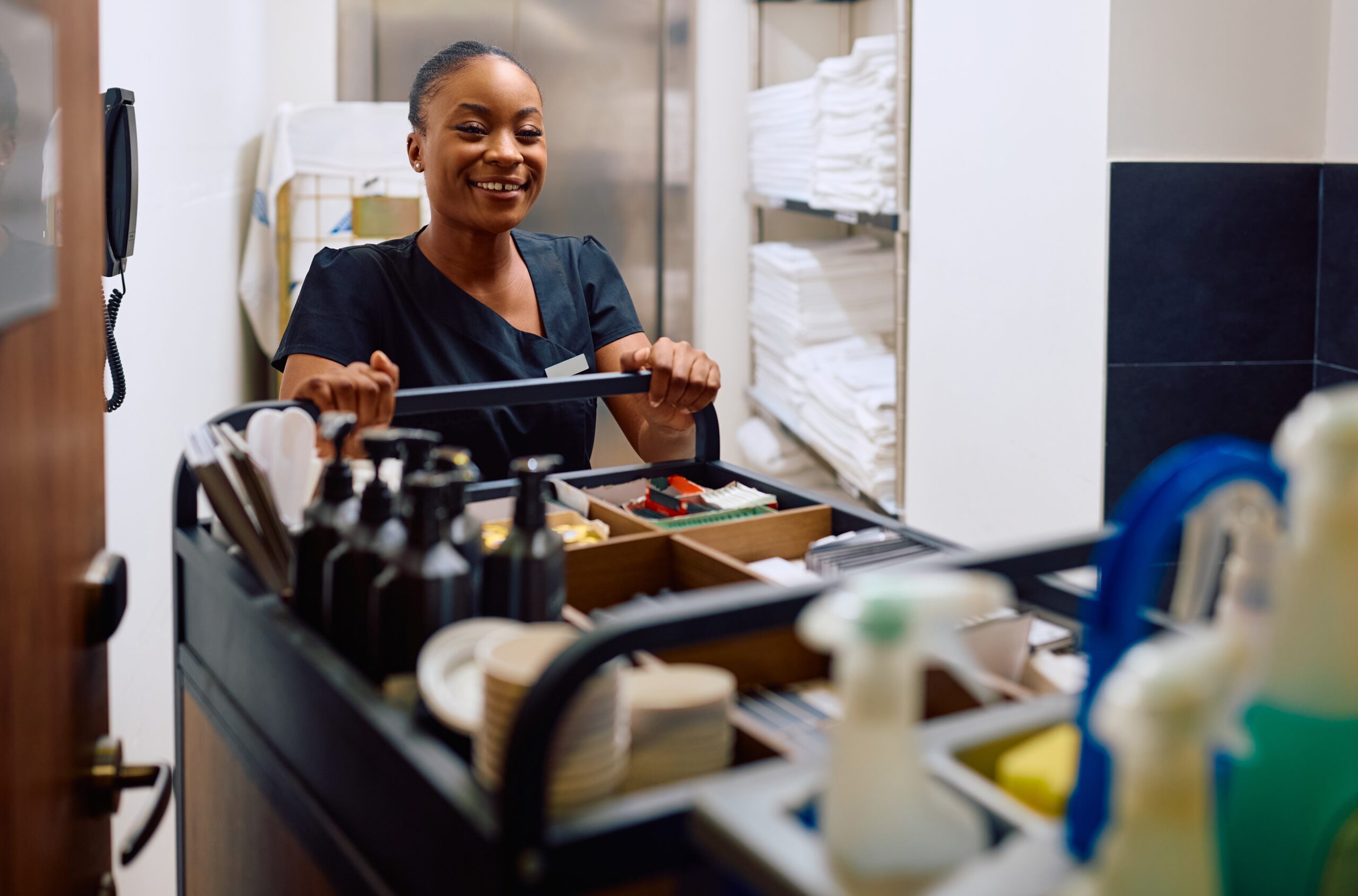
Sustainability has become a defining factor in hotel operations. It influences decision making, the design of buildings and how hotel staff manages resources.
For hotels, it’s no longer a positioning strategy—it’s also a performance requirement.
The shift hasn’t come from one source. Regulatory frameworks have expanded. Guests ask more informed questions. Partners, from suppliers to certifiers, expect clear standards.
What was “green” is now the baseline.
Within this context, the hospitality industry must define sustainability in operational terms. That means looking closely at energy systems, water use, materials, labor conditions, and also supply chains.
It means tracking actual impact—then adjusting based on results.
At Casa Solada, we approach sustainability through systems thinking. We assess performance, identify inefficiencies, and implement changes that last. It’s necessary if we want to meet current expectations and future responsibilities.
Energy Use
Energy efficiency starts with knowing where consumption happens. At Casa Solada, we use sub-metering systems to break down energy use by zone—guest rooms, kitchen, laundry, office, and mechanical areas. Each sub-meter feeds into a central dashboard, reviewed weekly by engineering and operations.
We track consumption in kilowatt-hours per occupied room (kwh/OR) and then compare it to historical baselines and seasonal performance. This allows us to isolate anomalies and identify which systems need recalibration or maintenance.
System Optimization
Our HVAC systems run on variable refrigerant flow (VRF) technology, which adjusts output based on real-time demand rather than fixed cycles. We zone and control all fan coil units through an energy management system (EMS) integrated with room occupancy sensors.
Lighting throughout the property uses LED fixtures with daylight sensors in public areas. Timers control exterior lighting and signage. Kitchen and laundry equipment operate under staggered schedules to avoid peak load overlaps.
Renewable Integration
We’ve installed a rooftop solar thermal system that supports the hot water load for guest rooms and laundry. This system further reduces dependency on electric and gas heating.
Additionally, we operate a small solar PV array connected to inverters that supply partial backup to critical systems—refrigeration, security, and emergency lighting.
We log renewable output daily and offset it against fossil-based consumption. We also track system efficiency and degradation to plan for future panel replacements and upgrades.
Procurement and Grid Sources
Our electricity contract includes a clean energy component, verified by our provider through renewable energy certificates (RECs).
We periodically assess market options to increase the share of renewables in our energy mix without compromising reliability.
Reporting and Accountability
All energy data is logged, reviewed, and archived quarterly. Engineering compiles a report showing energy intensity per square meter, peak load demand, and also system-level performance.
These reports inform our capital planning process and are available for audit.
We don’t rely on static certifications. We monitor actual consumption, analyze trends, and adjust based on results. That’s how we define energy sustainability—in real numbers, not labels.
Water Management: Reduction and Reuse
Casa Solada treats water as a limited operational resource. We track consumption across departments, review anomalies weekly, and adjust systems where needed.
All fixtures use low-flow technology. Toilets are dual-flush. Showers and taps meet minimum output standards without reducing usability. Housekeeping follows strict protocols to avoid unnecessary water use during cleaning.
Our laundry system reclaims a portion of greywater for reuse in non-potable functions. The team inspects and maintains this system on a fixed schedule to ensure safe and consistent performance.
We collect rainwater through a roof-based catchment system and filter it for irrigation use. Furthermore, we also avoid high-water-demand plants in all external areas.
Kitchen operations use sensor-based rinsing stations. These replace continuous-flow systems and significantly cut water waste during peak hours.
Every department receives a monthly breakdown of water use. This data informs decisions about maintenance, purchasing, and training. Efficiency comes from control, not assumptions.
Waste: Reduction, Separation, and Circular Practices
Casa Solada handles waste through structured protocols at every stage—procurement, operations, disposal, and reuse. Each department follows set procedures designed to reduce volume, improve separation, and divert materials from landfill.
Waste Reduction
We avoid single-use plastics in rooms, kitchens, and service areas. Guest amenities use refillable systems. In addition to this we ensure consolidated deliveries to reduce packaging. Purchasing standards also exclude materials that we cannot reuse or recycle.
In kitchens, we control waste through portioning, cross-use planning, and limited prep windows. A team flags overstocking during weekly reviews and then adjusts purchasing accordingly.
Separation and Handling
Waste is sorted at the point of disposal. The staff also follows a bin system divided into four categories: organic, recyclable, general, and hazardous. Each work area has clear signage, and supervisors verify compliance daily.
Housekeeping separates waste in the room using pre-sorted bags. Back-of-house teams handle additional separation before transfer to external collection. For all hazardous waste—such as chemicals and batteries—we store and dispose of them through licensed handlers under current regulations.
Circular Practices and Reuse
Kitchen waste is collected and delivered to a licensed composting partner. Output from this process supports local farms. We track volumes sent to compost weekly.
We partner with a food recovery program to distribute safe, unused meals. These we collect under documented food safety protocols.
As for non-food items—furniture, equipment, uniforms—we repair or repurpose them where possible. End-of-life items go for recycling or recovery, not sent directly to landfills. We log all disposals and review them monthly by category.
Supply Chain and Sourcing
We review every supplier at Casa Solada based on origin, material composition, and labor standards. Price does not override traceability. If a vendor cannot meet our sourcing requirements, we replace them.
We prioritize local suppliers when they meet our operational and quality standards. This reduces transport-related emissions and supports regional economies. All food suppliers provide documentation on farming practices, inputs used, and certifications where applicable.
We do not source items with unclear origins or excessive packaging. For non-perishables, we work with suppliers who accept bulk orders in reusable or returnable containers.
Room amenities, linens, and cleaning products are selected based on material lifecycle, not just upfront cost. Products must meet internal benchmarks for durability, composition, and end-of-life options.
We coordinate procurement across departments. Orders are consolidated weekly to reduce delivery frequency. This lowers transport emissions and improves storage efficiency.
Supply decisions up for review each quarter. If a material or product fails performance or sustainability checks, we flag and replace.. Each decision is logged with rationale and source data.
Construction, Design, and Materials
Casa Solada selects materials based on durability, maintenance needs, and verified environmental data. Every product used in construction must meet internal criteria for safety, efficiency, and also documentation.
We use low-VOC sealants, adhesives, and finishes. All suppliers must provide environmental product declarations and sourcing information before delivery. If a material’s origin or composition is unclear, we reject it.
We prioritize reuse during renovation. Structural elements are retained when possible. When replacement is required, we use certified wood, recycled content, or verified low-impact materials.
Rooms are designed to reduce dependency on mechanical cooling. Openings support cross-ventilation. Windows are placed and sized to maximize natural light during daylight hours.
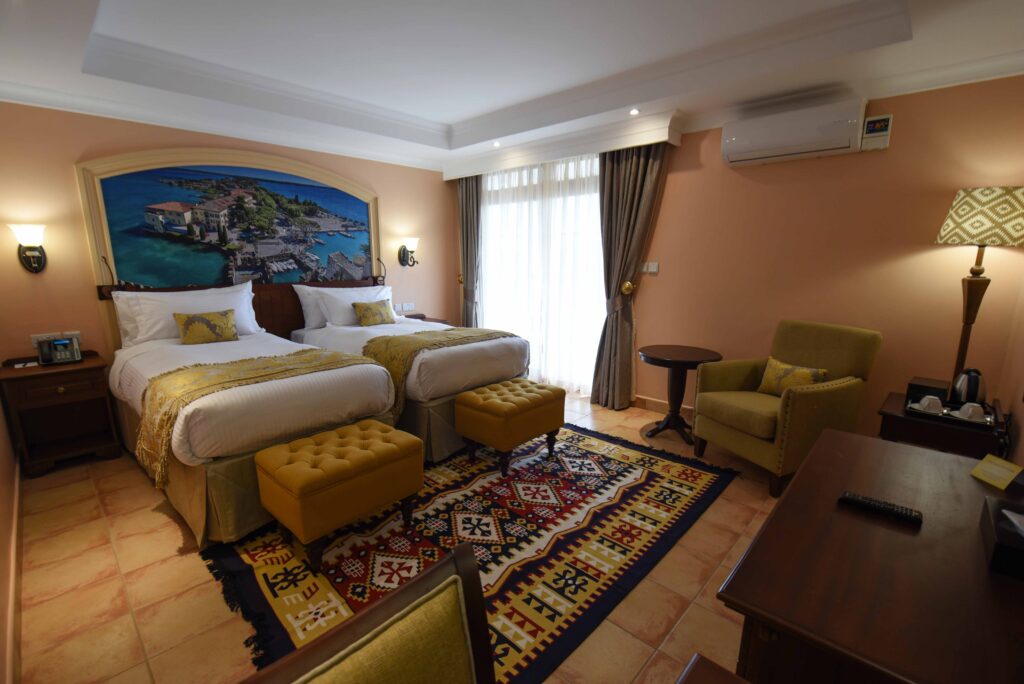
During construction, we track all material deliveries, usage rates, and waste volumes. Contractors follow a material management plan that sets limits on loss and disposal.
All fixtures are chosen based on operational performance and replacement cycle. We avoid products with short service lives or complex maintenance requirements.
Social Sustainability and Community Engagement
Casa Solada includes social responsibility in daily operations and long-term planning. We hire locally whenever roles and qualifications align. This applies across departments, including management, technical services, and guest operations.
All employees receive formal contracts, clear terms of employment, and access to grievance channels. We review working hours, compensation, and overtime monthly to ensure compliance with labor law and internal standards.
Training is ongoing. Each staff member follows a documented onboarding program, followed by role-specific instruction. We run quarterly workshops focused on safety, environmental procedures, and service consistency.
We work with local vendors and service providers when they meet quality and reliability standards. This includes suppliers, maintenance contractors, and artisans producing goods used in the hotel.
Casa Solada supports local education and job-readiness programs by offering internships and structured site visits. These programs are not promotional—they are coordinated directly with institutions.
We do not operate community-facing initiatives for branding purposes. We work with partners who have clearly defined objectives, documented impact, and long-term presence in the region.
Sustainability as an Operational Discipline
Sustainability in 2025 is not defined by labels or isolated actions. For hotels, it now functions as a standard of operations—measured, audited, and continuously enforced. The expectation is no longer innovation for its own sake but consistency and transparency across all areas of management.
At Casa Solada, we treat sustainability as a long-term responsibility. We focus on what can be verified, maintained, and improved over time. That requires structure, not statements.
As standards continue to evolve, so must the systems behind them. Sustainability remains a moving target—but one that demands precise execution, not broad claims.

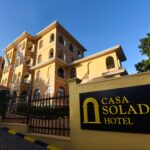

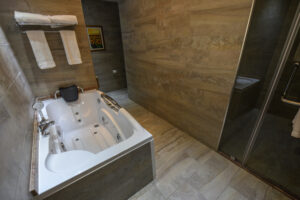
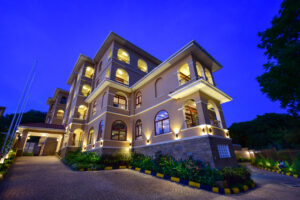
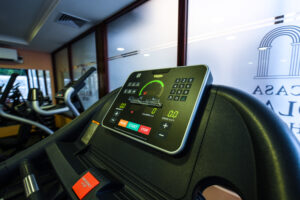
No comment yet, add your voice below!